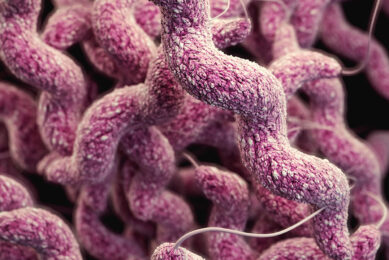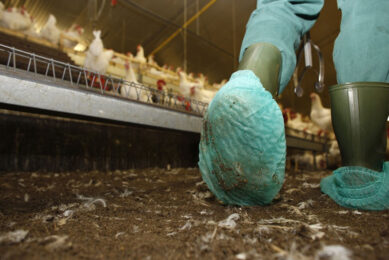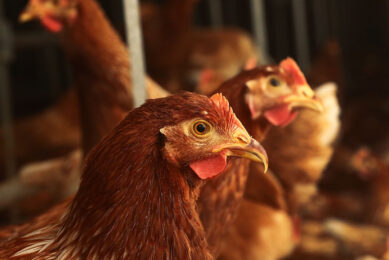FSA: Key steps in the fight against campylobacter
The Food Standards Agency has published the proceedings of an international meeting it hosted to identify and prioritise key interventions to reduce campylobacter in chicken in the UK.
Latest research from the Agency showed that about 65% of raw shop-bought chicken in the UK is contaminated with the potentially deadly food bug. As part of its strategy to reduce these levels, the Agency organised an international conference in March to learn from other countries’ experience in the fight against campylobacter.
Agency officials and representatives from UK industry met with their counterparts from around the world to discuss which interventions had worked in other countries and the potential solutions that could be used in the UK.
A report of the meeting (PDF) , sets out the key actions recommended by experts at the meeting. The FSA will be taking forward a series of actions informed by these findings, in partnership with the UK poultry industry, retailers and the Department for Environment, Food and Rural Affairs (Defra). The actions include:
· implementing stricter biosecurity measures across the whole supply chain, such as ensuring hygiene barriers are standard on the farm and initiating trials of new fly-control systems
· developing new standards and additional monitoring for the evisceration process to minimise cross-contamination when chickens are slaughtered
· trialling new carcass decontaminating treatments using existing ‘kitchen cupboard’ ingredients, such as lactic acid (and other organic acids), to provide safety and efficacy data for applications to the European Commission to permit their use
· investigating the impact of different packaging types on reducing levels of campylobacter on chickens on retail sale
Liz Redmond, Veterinary Director and head of food hygiene policy at the Food Standards Agency, said:
‘Campylobacter is the single biggest cause of food poisoning in the UK and we have made it our number one food safety priority. The conference we held in March was very helpful in developing the action plan which we are now taking forward in partnership with the industry. We look forward to continuing to work pro-actively with the food industry to implement changes that are aimed at making UK chicken safer and as part of this process will be setting a new target by December 2010 for reducing campylobacter in chicken by 2015.’
Source and for more info: FSA













